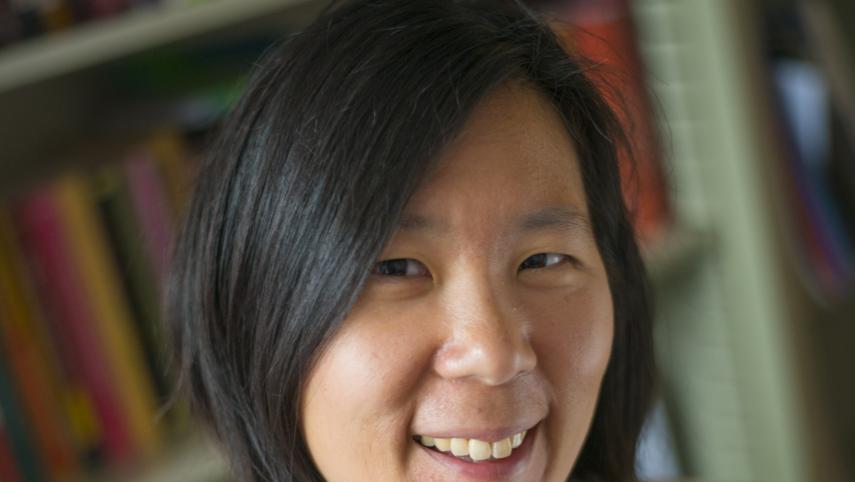China’s School Examination System

China has a long history of an examination system, which determines a student’s progress from one level to the next. But in 2001, the nation began implementing new Curriculum Educational Reforms aimed at moving away from the singular focus on examinations toward a better balance between teaching and learning.
The resulting tension is the subject of one of Peggy Kong’s research projects in China. Kong, assistant professor of comparative and international education, conducted fieldwork to explore how senior secondary students, teachers, parents, administrators, and education leaders understand and negotiate the new curriculum reforms.
The reforms were first implemented in primary and junior middle schools in 2001, and began spreading to senior secondary schools in 2005. They included removing the junior examination for the transition from primary to junior middle school, and developing student capacities for critical thinking, self-expression, moral and aesthetic sensibilities, physical and psychological health, and the ability to apply knowledge to practice.
As universal implementation approaches, Kong also is examining the role of parenting behaviors and the home environment in educational transitions in a child’s life (i.e., junior to senior high, senior high to college) via the high school examination and college entrance examination. Kong’s research is a joint project with colleagues at Rutgers University and Northwest Normal University (Gansu, China) and Shanxi Normal University (Shanxi, China).